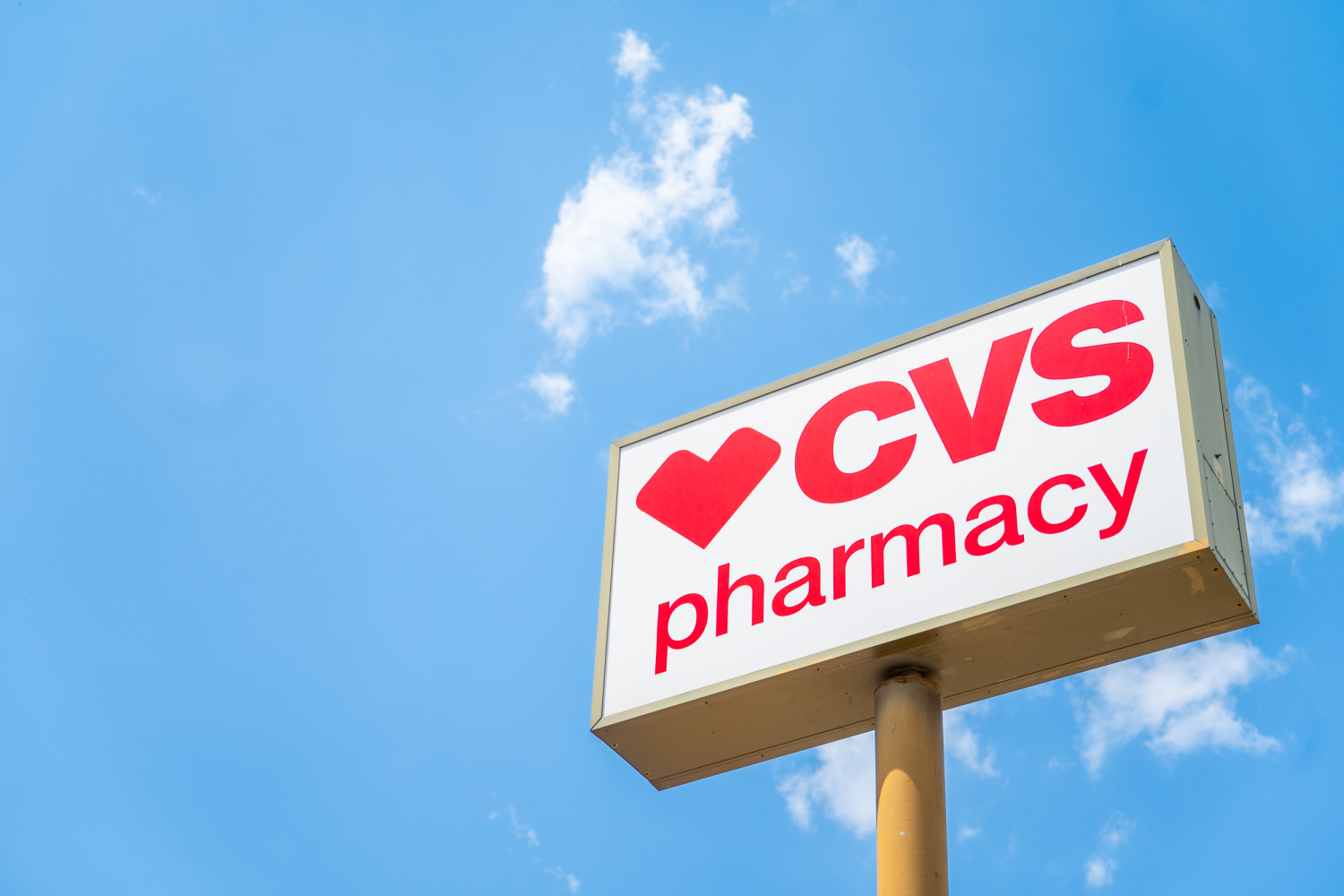CVS Health has opted to postpone adding Gilead Sciences’ latest HIV prevention medication to its pharmacy benefit coverage, a decision that could influence patient access to the breakthrough injectable. The drug, which was recently approved by regulators, is being hailed as a major advancement in HIV prevention strategies, offering a longer-acting alternative to existing daily oral medications.
Gilead’s innovative approach is centered on convenience and efficacy, designed to improve adherence for individuals at risk of HIV infection. Unlike traditional pre-exposure prophylaxis (PrEP) tablets that require daily intake, this injectable is administered at longer intervals, reducing the burden of strict adherence. Such features have fueled high expectations among healthcare providers and advocacy groups eager for tools that address real-world challenges in HIV prevention.
Nonetheless, CVS’s choice to delay adding certain drugs to its pharmaceutical coverage lists highlights the intricate dynamics involved in pharmacy benefit management, financial factors, and discussions with drug manufacturers. Specialists in the field indicate that the pricing aspect might significantly impact the postponement, as major benefits managers frequently conduct thorough assessments to evaluate cost efficiency and rebate frameworks prior to finalizing coverage decisions.
For patients, this advancement could present an obstacle to accessing timely care. Although doctors can continue to prescribe the drug, the absence of coverage from major pharmacy benefit plans might lead to significant personal costs, potentially preventing its widespread acceptance. Health advocates caution that delays in providing coverage for such treatments might hinder efforts to decrease new HIV infections, especially among vulnerable groups with limited economic means.
The development of long-acting injectable PrEP represents a crucial advancement in combating HIV, an epidemic that has been ongoing for many years despite progress in both treatment and prevention strategies. Specialists highlight the importance of expanding availability to cutting-edge prevention methods as crucial to fulfilling public health objectives, like the U.S. plan to eradicate the HIV epidemic by 2030.
La actual disputa entre CVS y Gilead podría también poner de relieve cuestiones más amplias en el contexto de los sectores farmacéutico y de seguros. Cada vez más, los pagadores exigen pruebas concretas de valor y precios competitivos antes de ampliar el listado de medicamentos para incluir nuevas terapias. En ciertas ocasiones, las negociaciones pueden dar lugar a acuerdos estratégicos que aseguren el acceso de los pacientes al tiempo que equilibran las preocupaciones sobre los costos para aseguradoras y empleadores.
Meanwhile, healthcare providers and patient advocacy organizations continue to call for swift resolutions that prioritize public health outcomes over prolonged commercial negotiations. They argue that tools like Gilead’s new injectable have the potential to transform HIV prevention strategies, especially for individuals who struggle with daily medication adherence due to lifestyle, stigma, or other barriers.
While conversations progress, participants in the healthcare industry will be attentively following the developments. Should an understanding be achieved shortly, it might open the door for wider use of the injectable throughout the U.S., possibly altering the framework of HIV prevention. At present, the drug’s future availability will primarily rely on the results of current discussions between Gilead and CVS Health, alongside comparable talks with other leading pharmacy benefit managers.


.jpeg)
:strip_icc()/GettyImages-1285710682-b0236f4671d1428fa53fd5be8a37c521.jpg)
